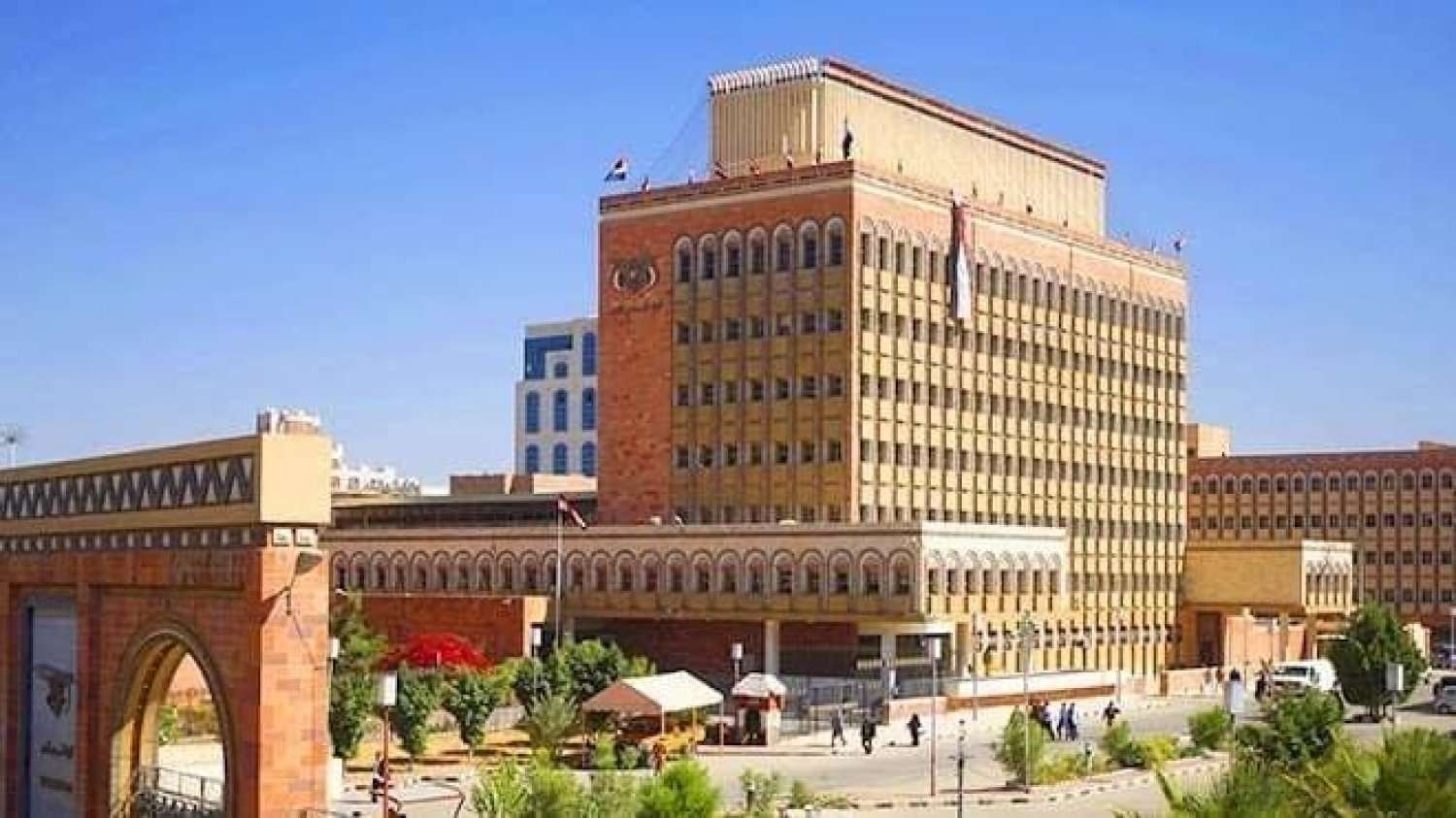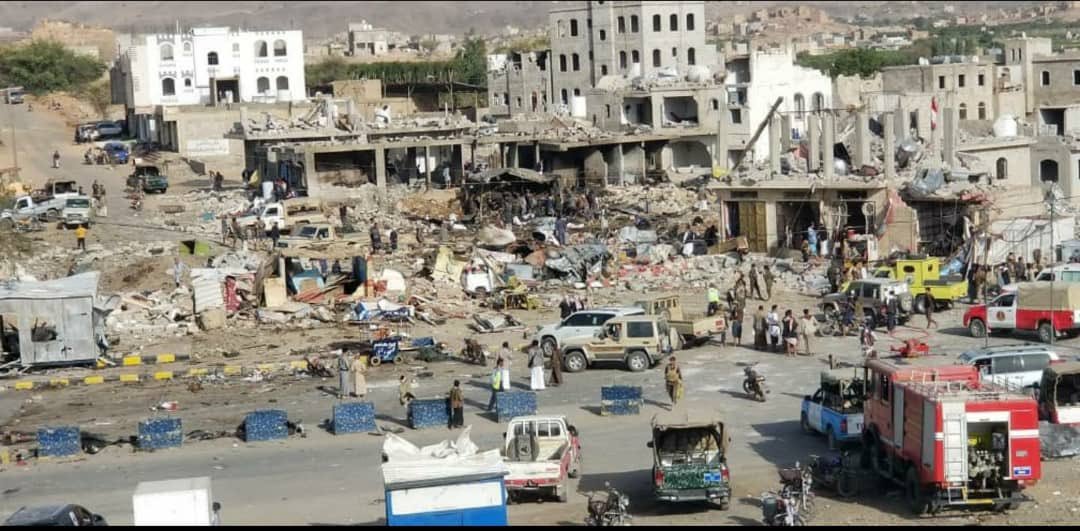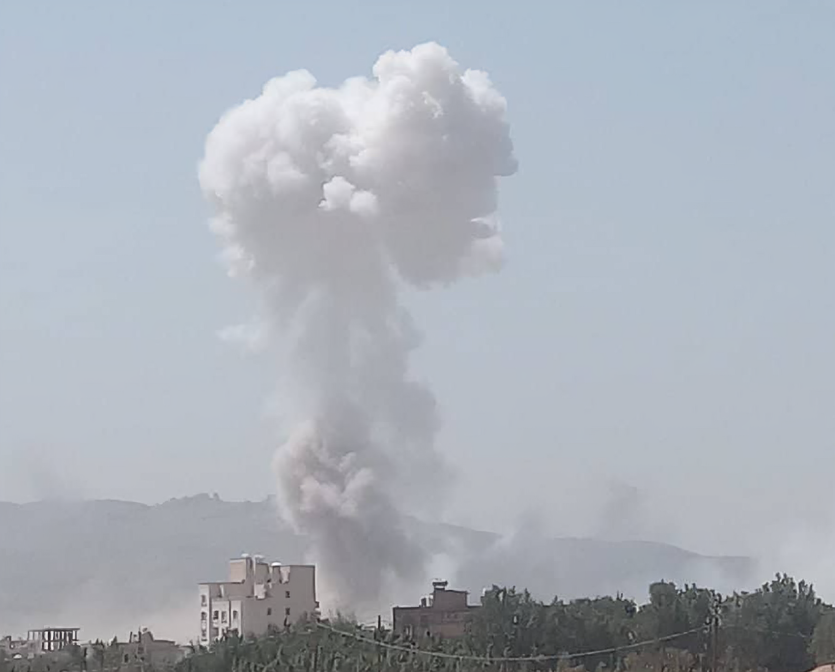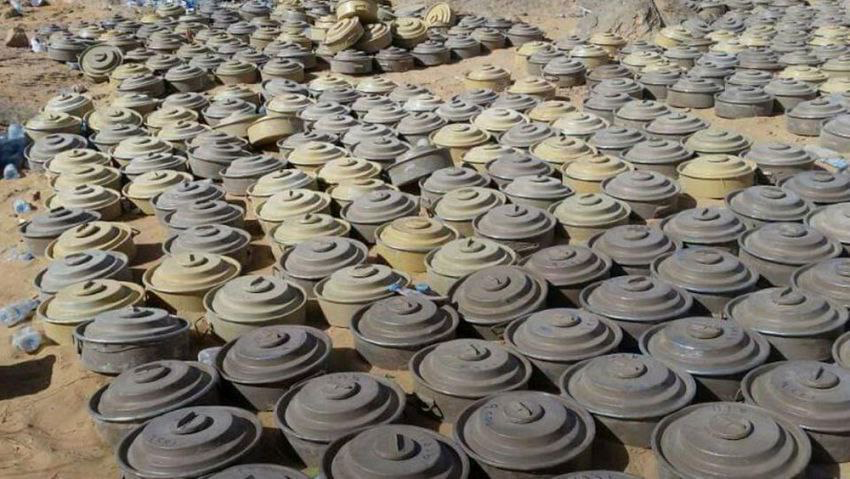
Barran Press
A recent official document from the Yemen Commercial Banks Association has unveiled a "severe liquidity crisis" plaguing banks in areas controlled by the Houthi movement, which is internationally classified as a terrorist organization. The crisis is attributed to measures taken by the group under the pretext of "combatting usury."
According to the document, which was reviewed by Barran Press, the liquidity crisis is worsening daily, with banks struggling to meet the withdrawal demands of depositors and client needs. The letter addressed to the Minister of Finance in the unrecognized Houthi government describes the "critical" cash flow situation in these banks and the challenges they face, particularly due to a halt in returns from treasury bills.
The Association reminded the Minister of a previous message sent to relevant authorities regarding the liquidity crisis and the pressures banks are experiencing from clients demanding cash withdrawals. This situation intensified following the enactment of a law dubbed the "Prohibition of Usurious Transactions."
The document warns that the escalating crisis exposes banks to increased risks and threats that are difficult to manage, creating a troubling concern for their management and hindering efforts to maintain operations and find viable solutions. It has led to instability within the banking sector.
The Yemen Commercial Banks Association has called on the Houthi government in Sana'a to support them during this difficult time by providing the minimum necessary liquidity from the revenues owed to them from treasury bill returns prior to the enactment of the "Prohibition of Usurious Transactions."
It noted that receiving even a small portion of the returns from previous investments in treasury bills could help alleviate the severe liquidity crisis, allowing banks to meet some obligations to customers and cover operational costs.
Last year, the Houthi-controlled parliament passed the "Prohibition of Usurious Transactions" law, claiming to prevent usury, while rejecting a message from the banks that highlighted their inability to return deposited funds. The Central Bank branch in Sana'a, which guarantees these deposits, has been unable to fulfill payment obligations.
The Sana'a Chamber of Commerce warned that this legislation would effectively dismantle the banking system and unjustly seize depositors' funds, amounting to approximately $3.3 billion in domestic debt interest.
Sources indicate that several commercial banks in Sana'a are grappling with severe liquidity issues due to the confiscation of treasury bill revenues and internal government debt, compounded by the Houthi-controlled Central Bank's seizure of these revenues, reducing profits to zero and converting deposits into current accounts.
A recent economic study by the Yemen and Gulf Studies Center emphasized the rising risks of insolvency and bankruptcy for commercial banks in Houthi-controlled areas due to the acute liquidity crisis caused by various undermining banking practices, leading many banks to shut down several departments and operations.





